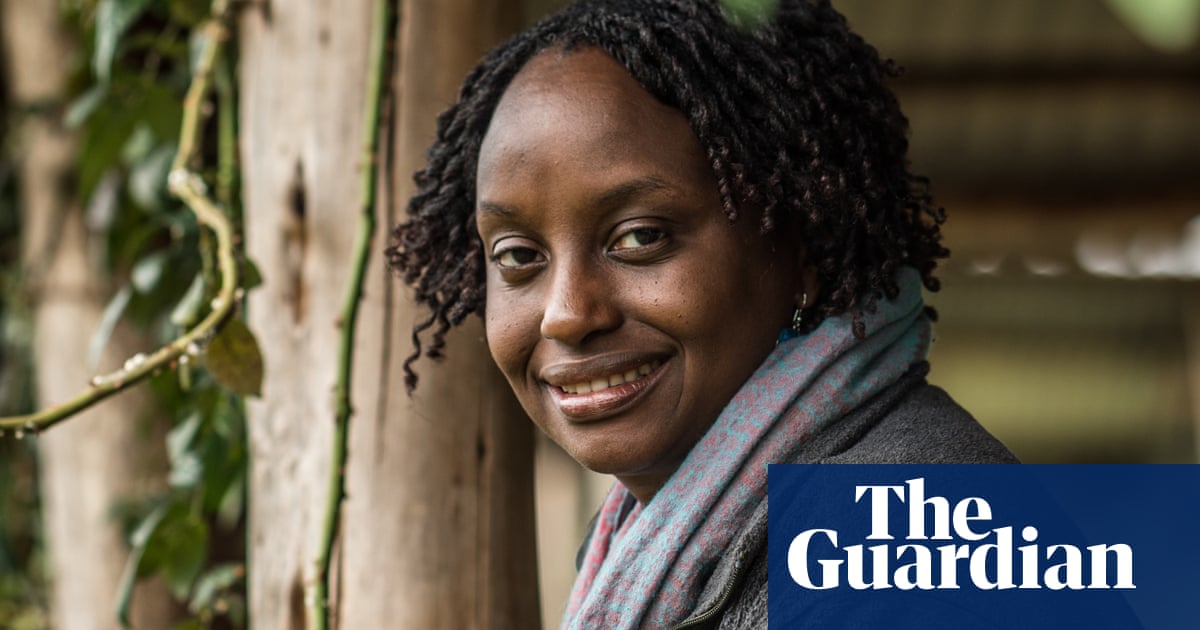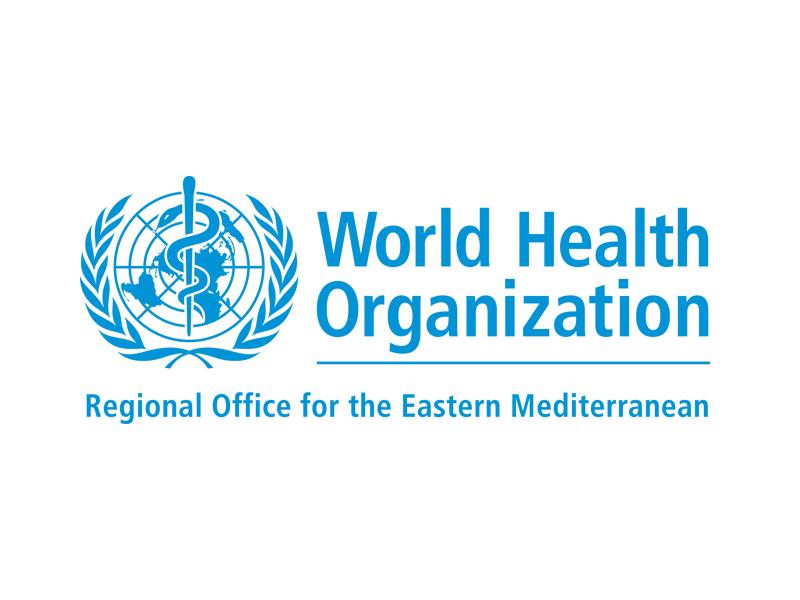
Refugees and migrants in vulnerable situations have poorer health outcomes than their host communities, report says
LONDON: The World Health Organization has urged healthcare systems to consider the needs of refugees and migrants to protect and promote their health.
It also called for healthcare workers to be more aware of refugees and migrants as part of the principle of health for all and for the benefit of host communities.
According to the first WHO report on the health of refugees and migrants, millions of refugees and migrants in vulnerable situations have poorer health outcomes than their host communities, especially where living and working conditions are poor.
It said refugees and migrants were not inherently less healthy than host populations. It was the impact of various suboptimal health determinants, such as education, income, housing, and access to services, compounded by linguistic, cultural, legal, and other barriers that were responsible for poor health outcomes.
It highlighted data and information gaps concerning the health of refugees and migrants.
There were around 1 billion migrants globally, about one in eight people. The experience of migration was a key determinant of health and well-being, and refugees and migrants remained among the most vulnerable and neglected members of many societies, said WHO director-general Dr. Tedros Adhanom.
“This report is the first to offer a global review of refugee and migrant health; it calls for urgent and collective action to ensure they can access healthcare services that are sensitive to their needs. It also illustrates the pressing need to address the root causes of ill health and to radically reorient health systems to respond to a world increasingly in motion.”
The WHO’s deputy director-general Dr. Zsuzsanna Jakab said more needed to be done on refugee and migrant health.
“But if we want to change the status quo, we need urgent investments to improve the quality, relevance, and completeness of health data on refugees and migrants,” she added. “We need sound data collection and monitoring systems that truly represent the diversity of the world population and the experience that refugees and migrants face the world over and that can guide more effective policies and interventions.”








